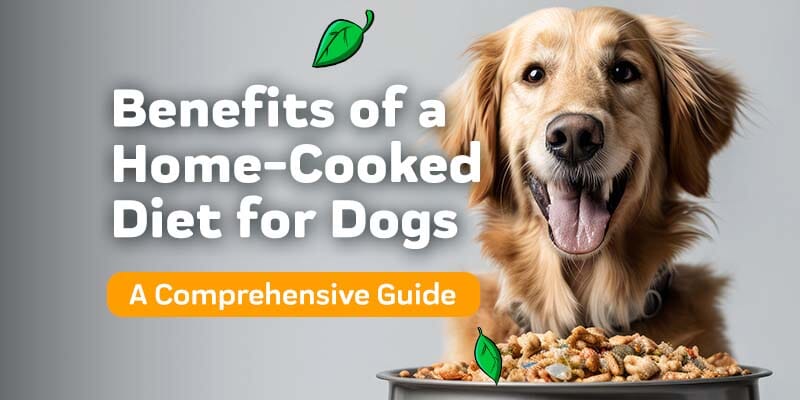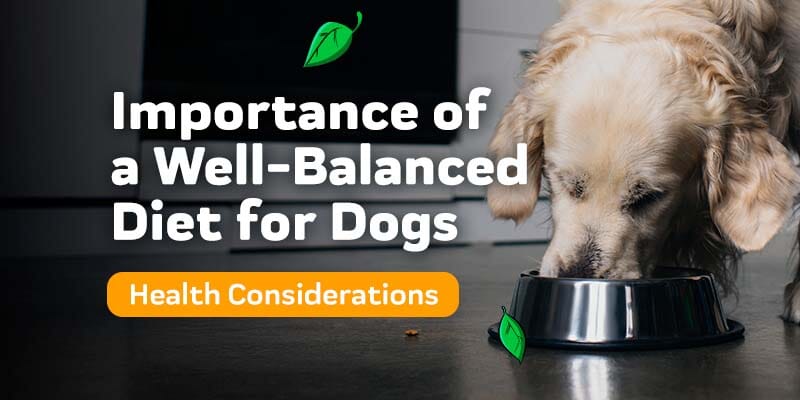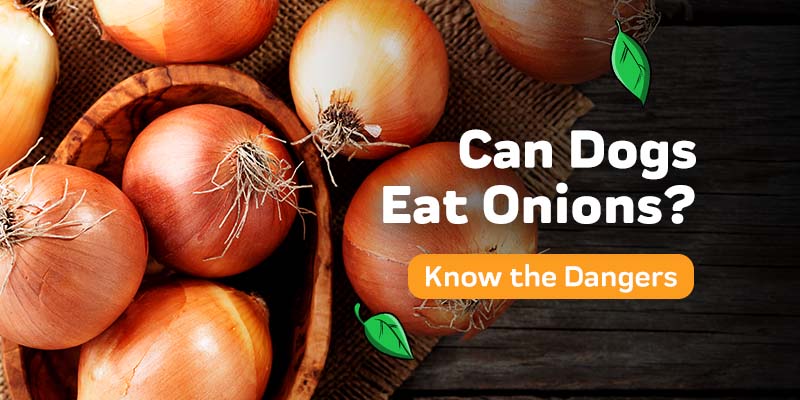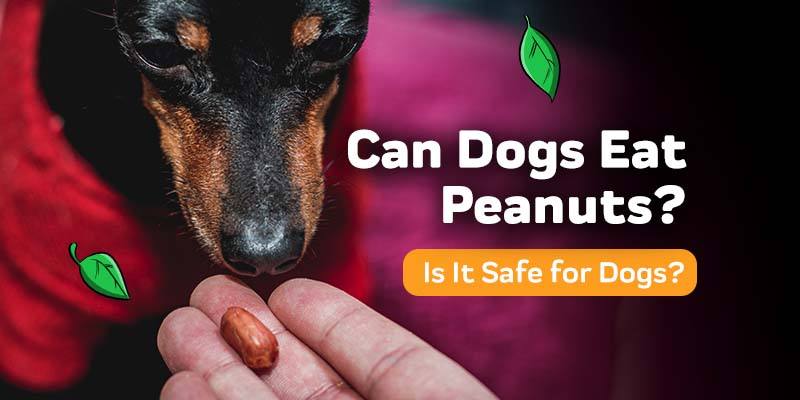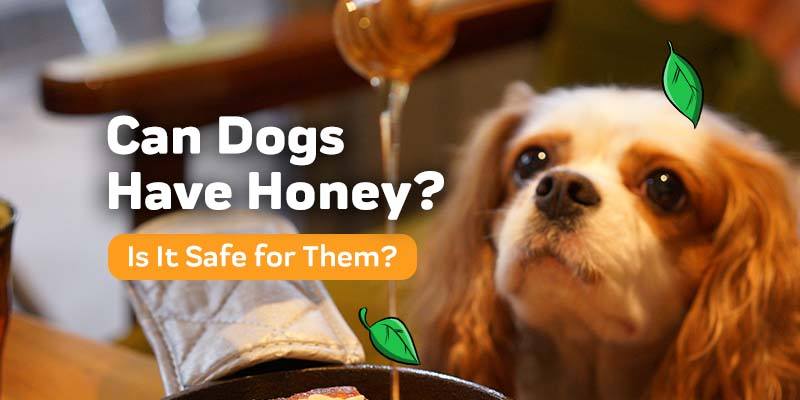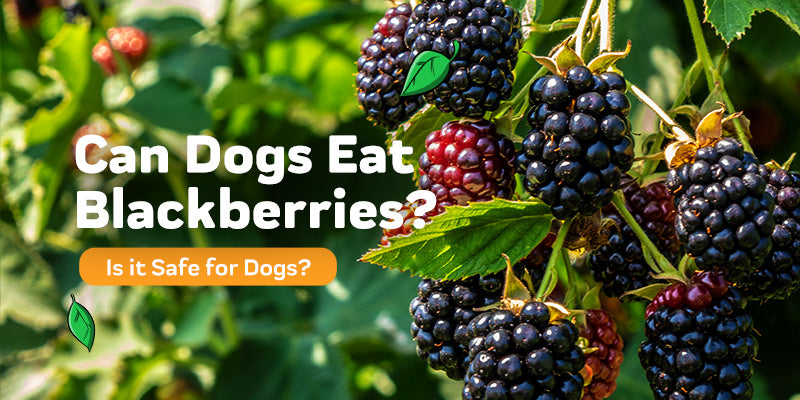- Can Dogs Eat Tomatoes?
- What Are The Benefits of Tomatoes for Dogs?
- What Are the Dangers of Tomatoes?
- Vomit Inducer for Dogs
- Conclusion
As a pet owner, you want to ensure that the food you are feeding your furry friend is safe and nutritious. But with all of the conflicting information out there, it can be difficult to know what's really good for them. In this blog post, we'll explore the safety of tomatoes for pets, so read on to learn more!

Can Dogs Eat Tomatoes?
Yes, dogs can eat tomatoes. However, not ANY tomato. Specifically red, ripe tomatoes are generally safe for dogs. It is important to note that the tomato plant itself is poisonous to dogs. So, if your dog were to consume the leaves or stem of a tomato plant, it could get sick.
Tomatoes belong to the nightshade family, which includes other popular vegetables like potatoes and eggplants. Tomatoes naturally contain chemicals called tomatine and solanine, which are poisonous to dogs. These compounds can be found in the green parts of the tomato, and even on the fruit itself, if it is still unripe, young and green. So, keep your dog away from those as much as you can.
What Are The Benefits of Tomatoes for Dogs?
Given the risks, what can your dog gain from eating tomatoes? Tomatoes have a lot of fiber, which helps support your dog’s digestion. The antioxidants in tomatoes can help keep your dog healthy by reducing the risk of some diseases. Tomatoes also have vitamins and minerals like potassium, vitamin C, and vitamin K. These nutrients are important for your dog’s health. Folate (vitamin B9) is also found in tomatoes, which helps with tissue growth and cell function.
What Are the Dangers of Tomatoes?
While, as a general rule, tomatoes are not toxic to dogs, there are some potential risks associated with feeding your dog tomatoes. For example, tomatoes are acidic, and eating too much of them can cause gastrointestinal distress in some dogs.

Additionally, as we already talked about, the stem and leaves of the tomato plant contain small amounts of solanine and tomatine, which is toxic to dogs (and humans). If your dog eats a large amount of tomatine, it may end up having a case of tomatine poisoning.
Tomatine poisoning's signals include:
- Diarrhea and vomiting
- Loss of coordination
- Weakness and Lethargy
- Hypersalivation
- Abdominal pain
- Seizures
It is worth noting that tomatine poisoning is a rare condition, and usually not fatal, but smaller dogs may be more affected even eating smaller portions of tomatoes. Still, it is best to be careful.
Another important thing to keep in mind is that dogs should not eat tomatoes that are not fresh and clean. That means no canned tomato or soup, or pizza leftovers: these sauces and tomato-based products usually come with other ingredients that may pose serious poisonous threats to your furry friend, like onions and such.
If you think your dog may have eaten something poisonous to him, like green tomatoes and leaves, or even worse like chocolate or onions, you should consider using a vomit inducer.
Vomit Inducer for Dogs
If your dog has eaten something poisonous, it is important to call the vet immediately and inform him of everything that has happened. While you should still take your dog to the vet's office, sometimes there is not enough time to make it there. If your vet agrees, you can try to make your pet vomit the poisonous substance it may have eaten. Always read the instructions before inducing your dog to vomit.
STAT!Syringe® is a tool made to save lives. It is designed to quickly administer the proper dose of hydrogen peroxide 3%, which will induce vomiting In your dog. The syringe is easy to use and comes with clear instructions. It is a must-have for every dog's first aid kit. You can purchase it by clicking here.
Conclusion
While tomatoes are generally safe for pets, they can pose a risk in some cases, and are not necessarily the most conventional of treats - some dogs won't even like tomatoes at all. As always, it’s important to consult with your veterinarian if you have any questions or concerns about what is and isn’t safe for your pet. At Innovet Pet we love helping pet parents keep their furry friends healthy and happy, so be sure to check out our blog for more useful tips on everything from nutrition to behavior. Thanks for reading!












